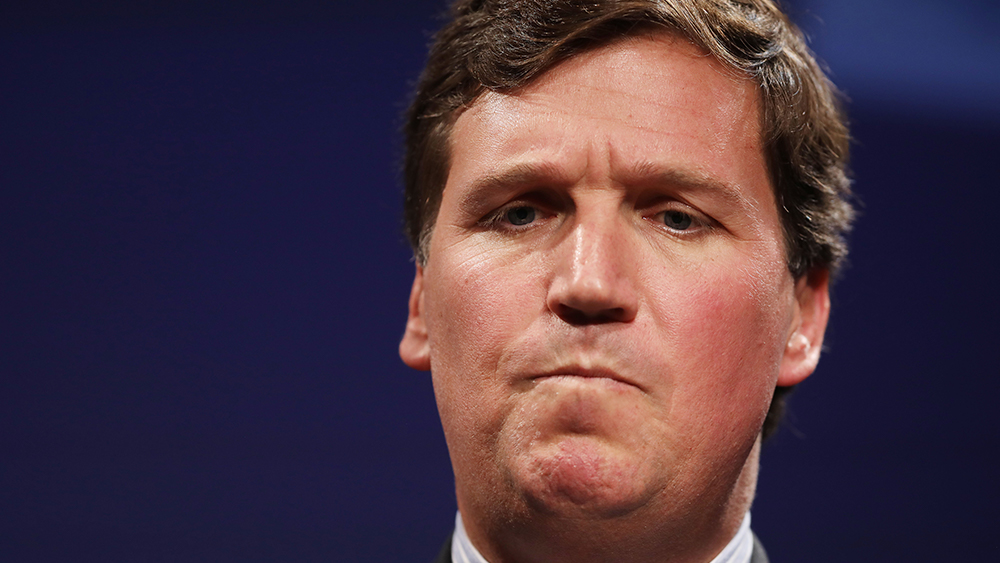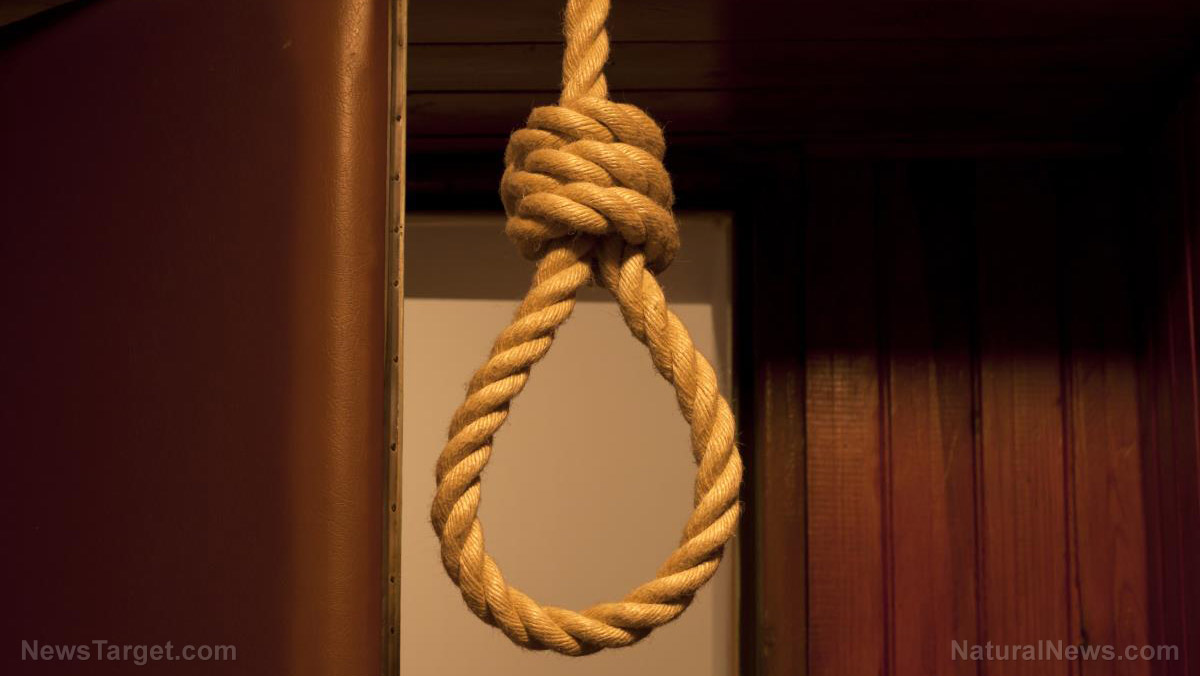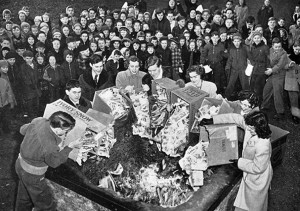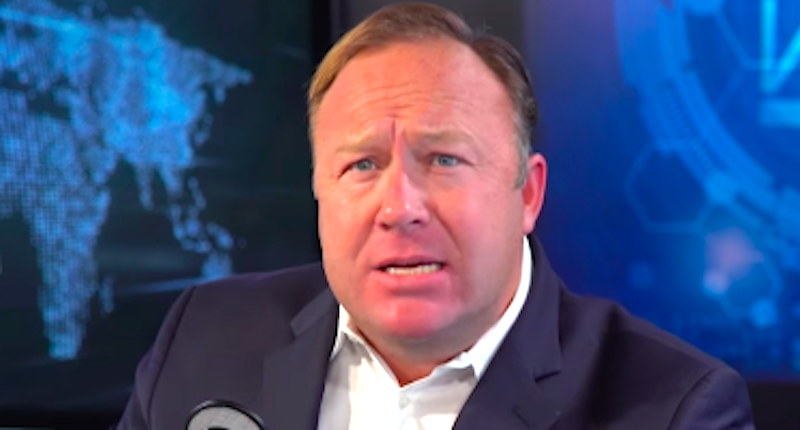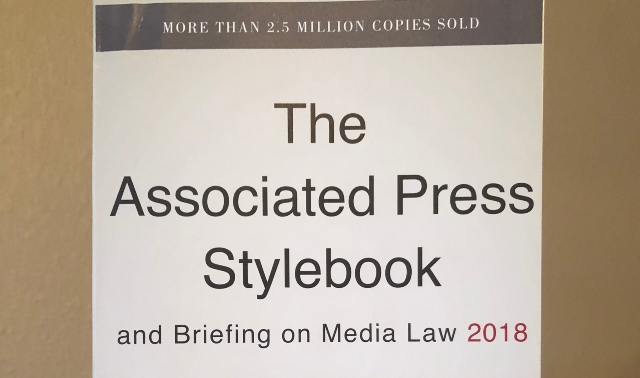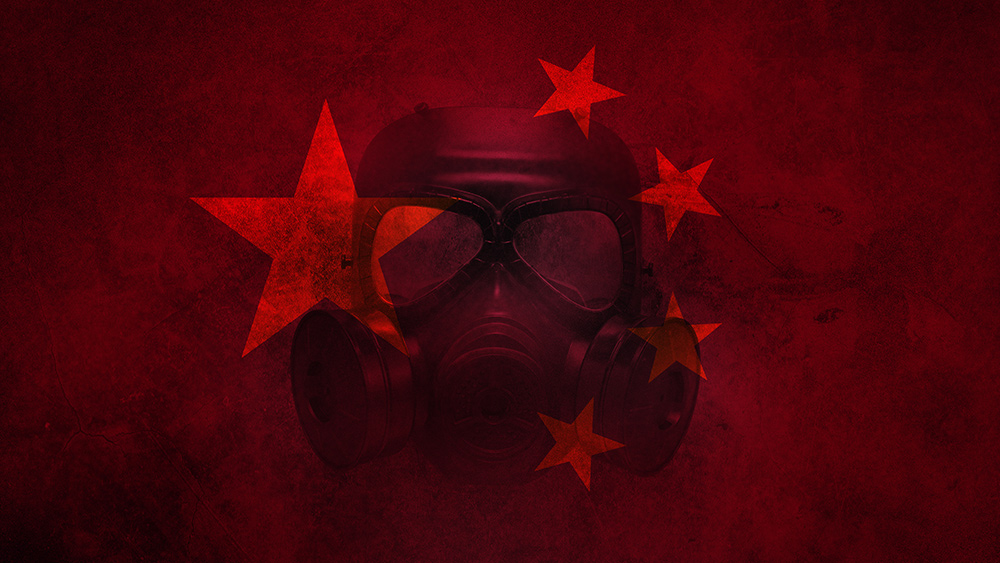
President Xi Jinping of China warned the public about the novel coronavirus on Jan. 20 last year. On that same day, China's top respiratory expert, Zhong Nanshan, announced on state-run CCTV that there had been confirmed cases of "human-to-human transmission" of the disease.
But top Chinese officials already knew they were facing a pandemic days or even weeks before that date.
During their silence, millions of people began traveling to and from China for the Chinese New Year celebrations. The Baibuting community in the city of Wuhan, the epicenter of the disease, hosted a mass banquet for thousands of people.
The Associated Press reported that more than 3,000 had been infected before Xi's warning and several thousands more were likely unaccounted for, given the lack of restrictions and health protocols during those days.
In the days leading to the announcement, officials in Hubei province, where Wuhan is located, were instructed to begin temperature checks at transportation hubs and to cut down on large public gatherings. They did it without informing the public.
The announcement delay came at a crucial time – the start of the outbreak. China tried to walk the thin line between alerting the public and avoiding panic but failed miserably.
Leaked documents confirm CCP's efforts to cover up coronavirus outbreak
Government documents recently obtained by the Epoch Times confirmed that the Chinese Communist Party (CCP) was aware of the severity of the coronavirus during the early stages of the outbreak, but did not immediately alert the public.
The leaked documents indicated that the top leadership of the Chinese regime secretly ordered the National Health Commission (NHC) and regional governments to deal with the outbreak while keeping the public in the dark about the health crisis.
A document dated Jan. 15 last year from the health commission of Guangxi Province summarized a speech given by Wang Yong, the vice director of the commission. Wang’s speech indicated that the NHC held a nationwide teleconference on epidemic prevention and control on Jan. 14, during which Ma Xiaowei, the head of the commission, conveyed direct orders from Xi and Chinese Premier Li Keqiang.
The document didn't detail the orders from Xi and Li, but the high-level meeting showed that Chinese authorities were fully aware of the severity of the outbreak. According to the document, Ma said that "it is the most serious public health emergency crisis since the SARS epidemic of 2003."
In his speech, Wang advised authorities in Guangxi to "be more politically aware of the extreme severity and urgency of the virus outbreak" as he delivered the directives from Xi and Li.
The document made it clear that "national security should be placed above anything else." It stated that if any institution or individual planned to collect or examine epidemic-related specimens, they must first obtain permission from the local health commission. (Related: Chinese authorities hid the fact that medical staff in coronavirus-hit city were infected.)
Epidemic control plans discussed in meetings weeks before the "announcement"
The document also mentioned that Guangxi's health commission held meetings on Dec. 31, 2019, and Jan. 7, 2020, to discuss epidemic control plans.
U.S.-based China affairs commentator Li Linyi pointed out that the two dates are significant because they proof of the CCP's cover-up of the outbreak.
The documents indicated that authorities in Guangxi had already received internal orders from the CCP Central Committee on epidemic control and prevention measures on those dates, but the public remained oblivious of an impending health crisis.
Chinese media reports also made reference to the significance of the Jan. 7, 2020 meeting.
On Feb. 15 last year, the CCP's theoretical journal Seeking Truth published a speech that Xi gave on epidemic control and prevention on Jan. 7, 2020.
Ming Pao, a Chinese-language newspaper based in Hong Kong, reported on Feb. 17, 2020, that during the Jan. 7, 2020 meeting CCP leaders required local governments to enforce "relevant measures" to ensure that the Chinese New Year holiday wouldn't be disrupted.
A separate document also dated Jan. 15 last year issued by the NHC to all provinces in China stated that beginning in December 2019, "cases of pneumonia of unknown causes" had been reported in some hospitals in Hubei Province, and the result from pathogen analysis indicated that it was a "novel coronavirus." Recipients of the document classified as "most urgent" were instructed not to circulate its contents on the internet.
The document laid out measures for preventing infections within hospitals such as disinfecting rooms and requiring health workers to wear personal protective equipment (PPE).
Another internal document revealed that on Jan. 16 last year, Guangxi's health commission created a work leadership group made up of seven teams to oversee the local epidemic response.
Follow Pandemic.news for more news and information related to the coronavirus pandemic.
Sources include:
Please contact us for more information.









